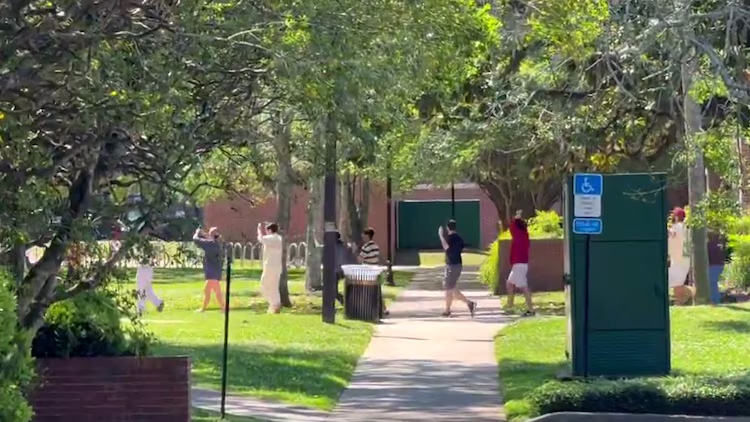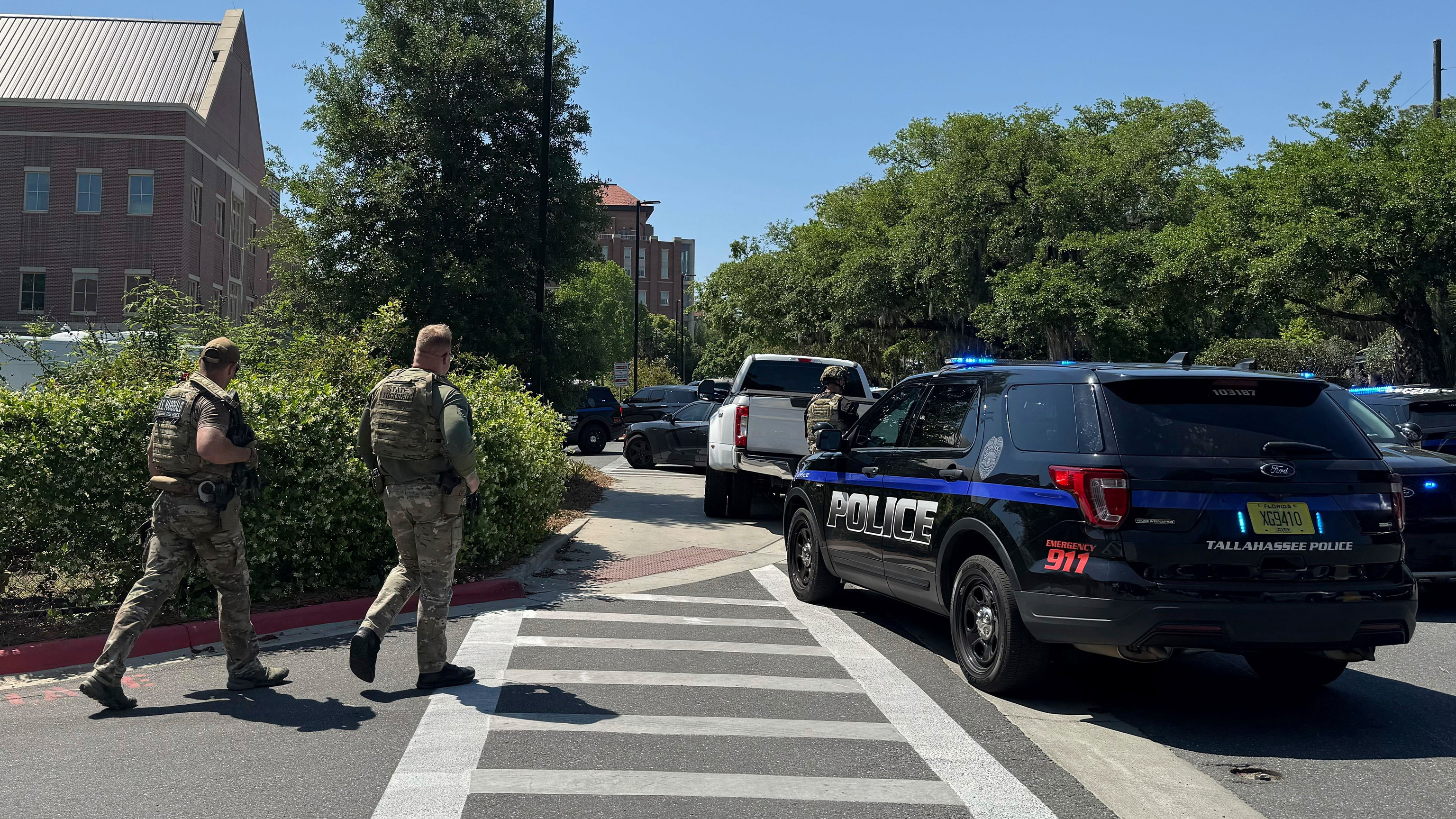Comptroller audit blasts MTA over elevators, escalators at subway stations

NEW YORK (WABC) -- A new audit released Monday by New York City Comptroller Scott Stringer accuses the MTA of not performing all scheduled preventive maintenance on nearly 80 percent of sampled escalators and elevators at subway stations, and claims that one-third scheduled preventive maintenance assignments were completed late, if at all.
"New Yorkers constantly see and experience broken elevators and escalators, and this audit shows us why it's happening," Stringer said. "Preventive maintenance is late or not happening at all, and when defects are identified, work orders aren't always created."
Additionally, the audit alleges the MTA does not systematically track whether and how quickly all defects found in elevators and escalators are corrected, and that the failure to adhere to its own maintenance schedule poses safety risks for straphangers and threatens accessibility in ways that extraordinary challenge seniors and people with disabilities.
"When seniors and people with disabilities can't get to where they need to go because of a broken elevator or escalator, government is failing them," Stringer said. "This audit isn't just about basic maintenance. It should be a reminder that behind every broken machine, behind every motionless escalator or elevator, there are people who can't travel."
The Comptroller's Office sampled 36 elevators and 29 escalators throughout New York City - a total of 65 machines - and found that:
--Approximately 80 percent of the elevators and escalators did not receive all of their scheduled preventive maintenance service assignments
--21 of the 65 machines - or 32 percent of the sample - failed one or more of the MTA's own inspections and were removed from service to address the safety defects
--15 of the 21 machines that failed inspection had been serviced approximately two weeks before the inspection
--Those 15 machines had 62 defects that remained pending even after they were serviced
The 65 sampled elevators and escalators should have received 849 scheduled preventive maintenance services during the 18-month period the Comptroller's Office audited, but the audit says of those 849 preventive maintenance assignments:
--34 percent - 289 of the 849 assignments we sampled - were not completed on time or at all
--164 maintenance assignments performed, or 22 percent, were not completed on time. The vast majority were late, by 15 days on average, with 60 taking even longer
--21 maintenance assignments were not completed at all
--104 maintenance assignments were canceled (with an explanatory memo on file). However, 32 of those memos did not meet the MTA's own criteria for canceling preventive maintenance.
CLICK HERE to view the full audit.
The MTA responded to the report with the following statement:
"New York City Transit is spending more than $1 billion to increase the number of ADA-compliant subway stations and replace existing elevators and escalators as part of our current Capital Plan," MTA communications director Beth DeFalco said. "The most in-depth inspections were all completed on time during the audit period. We have a detailed system for the maintenance of these machines and closely track work that is done to keep our elevators and escalators safe and available for our customers. We are continually looking at new ways to improve the performance of equipment and maintenance practices."
DeFalco also included the following information.
Background on inspections:
--Elevators and escalators cannot operate during even routine maintenance, and because of that they cannot be available 100 percent of the time that a station is open.
--Elevators are available to the public more than 96 percent of the time.
--The findings in this audit are misleading in that the methodology skews results from the onset by excluding newer machines from its sample (including every new elevator and escalator since 2011).
--All the 233 ASME code inspections (the most in-depth kind) were completed on time during the audit period.
Background on ADA compliance:
--We've been working with advocates for the disabled community going back to 1990, when we reached an agreement to designate certain "key" stations (based on ridership, transfer points, etc.) that would be retrofitted to be made ADA compliant.
--We are in full compliance with that agreement.
--We are replacing 30 escalators at 13 stations with $157 million as part of this Capital Plan. This investment completes NYCT commitment under Key Stations initiative to make 100 stations fully accessible.
--In fact, there are 117 ADA-accessible stations in the system; 25 more stations are being made ADA-accessible under funding already approved.
--Cost to make the rest of the system ADA-accessible: Close to $10 billion in today's dollars.
--Average cost to make an underground station accessible is over $30 million.
--NYCT is spending more than $1 billion to increase the number of ADA-compliant subway stations and replace existing elevators and escalators






